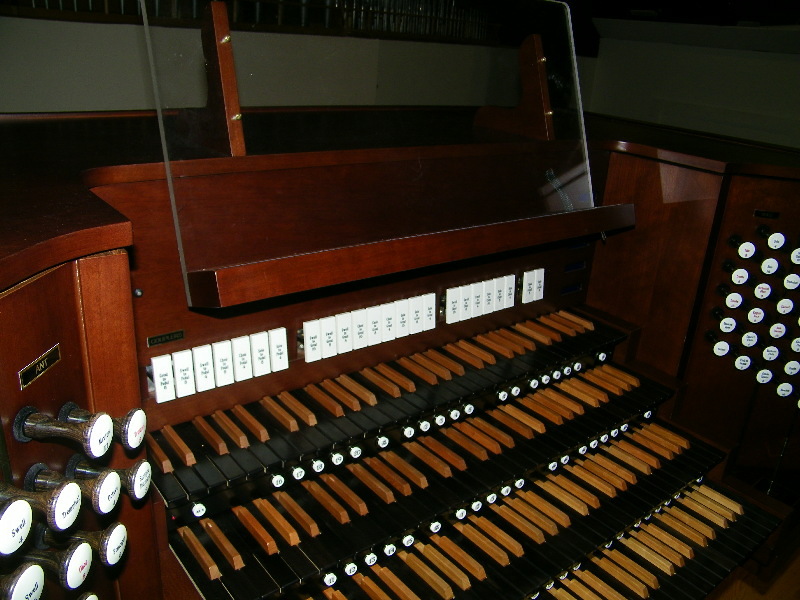In 2014 a New Jersey church purchased an organ based on “virtual” or PC technology for tone generation. The salesmanship was fine, however, the instrument’s “attributes” were more virtual than real.
Shortly after installation the organ had multiple technical problems making it unreliable. This included nonresponsive pistons, extraneous sounds, stops that did not speak properly, and unsatisfactory tonal quality. The organ’s supplier, an assembler from the West Coast, was not able to the correct the deficiencies.
After months of discussions, the church was able have the builder take the organ back, although with financial loss. The church then purchased a three-manual Allen Organ.
This situation joins other reports of customers of PC-based organs having technical, support and even delivery issues. While PC-based organs give small builders the ability to offer digital organs without committing to investment in the business, it also leads to shortcuts in the instruments’ operability, quality, reliability and long-term support.
